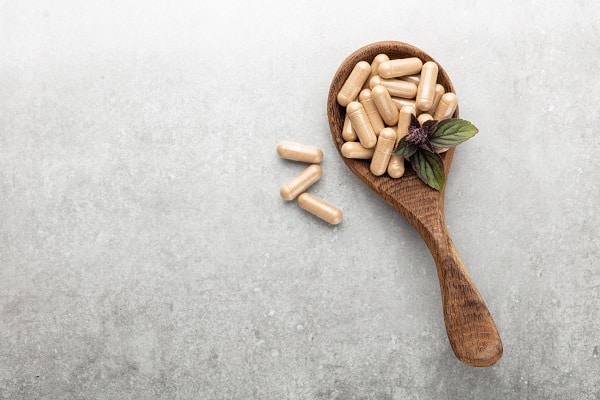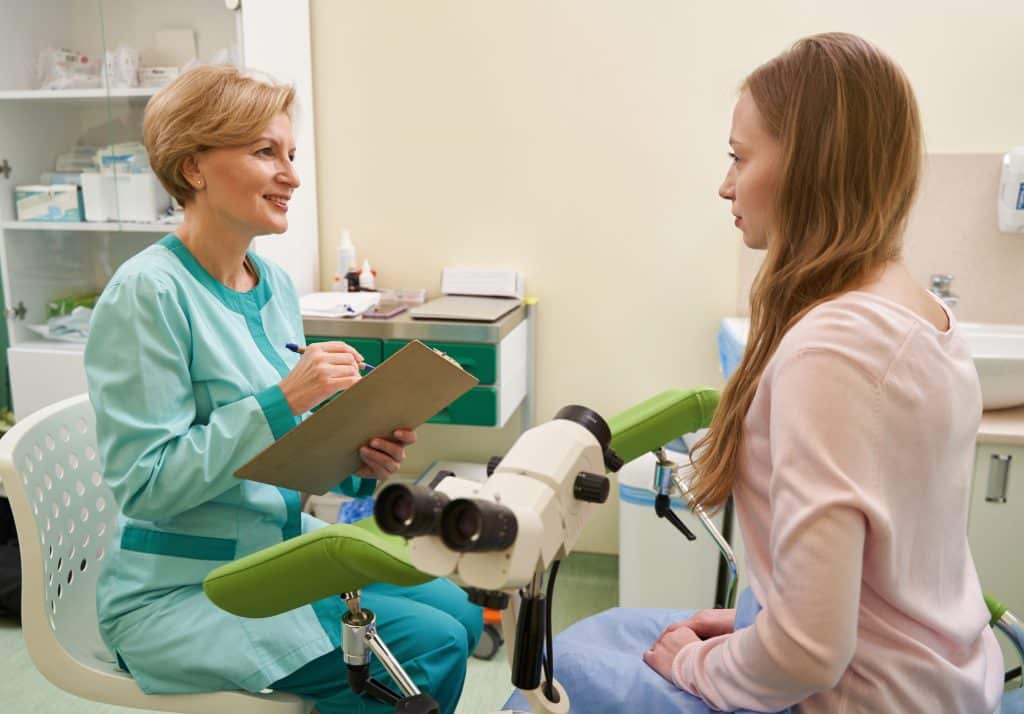Do you know what probiotics are? If not, you’re not alone. Probiotics are a relatively new topic in the world of health and wellness, and there is still a lot of confusion about them. In this article, we will discuss what probiotics are, how they work, and the benefits they offer. We will also dispel some of the myths that are floating around about probiotics.
Contents
What Are Probiotics?

Probiotics are live microorganisms that benefit the host by conferring a health benefit. These microscopic life forms are present throughout nature, in soil, water, plant leaves, and in the gut of animals. Probiotics confer health benefits by maintaining a healthy balance of microorganisms in the gut, stimulating the immune system, producing short-chain fatty acids, and producing vitamins B and K.
People are still studying the exact mechanisms by which probiotics work, but there is no doubt that they play an important role in human health. Probiotics are generally safe, and a growing body of evidence supports their use in treating and preventing various diseases. Probiotics are an exciting area of research with the potential to revolutionize the way we think about medicine and health. There is still much to learn, but the future looks promising for these tiny life forms.
Where Do Probiotics Live In The Body?

Most of the probiotics in our bodies are in our gut, specifically in the large intestine. The large intestine is a long, coiled tube that runs from the stomach to the rectum. It absorbs water and electrolytes from indigestible food matter and houses most of our gut flora. Probiotics help to break down food, synthesize vitamins, and prevent the growth of harmful bacteria. They also help to stimulate the immune system.
While most probiotics reside in the gut, they can also be in other parts of the body, including the mouth, skin, and vagina. For example, the mouth is home to over 700 different species of bacteria, many of which are probiotics. These good bacteria help to protect teeth and gums from plaque and cavities. The skin is also covered in billions of bacteria, many of which are probiotics. These good bacteria help to protect against infections and keep the skin healthy. And finally, the vagina is home to several different types of probiotic bacteria. These good bacteria help to keep the pH balanced and prevent yeast infections.
So, where do probiotics live in the body? In short, they can be all over! However, probiotics are essential in keeping our bodies healthy and functioning properly.
Probiotics and Medical Conditions

Probiotics play an important role in supporting digestive health and help boost immunity and fight inflammation. Recent research has begun to explore the potential of probiotics to treat various medical conditions. For example, some studies have shown that probiotics may help to improve symptoms of irritable bowel syndrome, inflammatory bowel disease, and allergies. Other research suggests probiotics may also benefit mental health conditions like depression and anxiety. While more research is needed to confirm these findings, probiotics offer a promising natural treatment for various conditions.
Foods To Benefit From

Many probiotic supplements are available on the market, but incorporating probiotic-rich foods into your diet is a tasty and natural way to reap the benefits of these good bacteria. These foods all contain live and active cultures of probiotics.
- Yogurt
- Kefir
- Kimchi
- Sauerkraut
- Miso
- Tempeh
- Pickles (made with brine and not vinegar)
Aim for a diverse diet with plenty of fruits, vegetables, and fermented foods to ensure a healthy balance of probiotics in your gut.
Are Probiotics Safe?

Probiotic foods and supplements are safe for the most part because they consist of microbes that already exist in your body. Although probiotics are generally safe, there is a chance that you may experience an allergic reaction or mild stomach upset, diarrhea, flatulence, or bloating when first beginning to take them.
Some people must be cautious when taking probiotic supplements since there’s a slight chance of infection. This includes individuals who:
- People with weakened immune systems (for example, those going through chemotherapy) are more susceptible.
- Have a critical illness.
- Have recently had surgery.
You should use probiotics with caution in very sick infants. Always consult your healthcare provider before starting a probiotic supplement.
What Are Prebiotics?

Prebiotics are a type of dietary fiber that promote the growth of healthy bacteria in the gut. Unlike probiotics, which are live bacteria that provide health benefits, prebiotics are non-living substances that act as food for probiotics. The most common prebiotic is inulin, a soluble fiber in plants such as chicory root, garlic, and onions.
When inulin reaches the large intestine, it is fermented by gut bacteria, producing short-chain fatty acids (SCFAs) that have several health benefits. These SCFAs help to reduce inflammation, improve digestion, and protect against colon cancer. In addition, prebiotics may also help to boost immune function and reduce the risk of obesity. As more research is conducted on prebiotics, it is becoming clear that they play a vital role in supporting gut health.
Common Types of Probiotic Bacteria

The most common types of probiotic bacteria belong to the Lactobacillus and Bifidobacterium genera. Lactobacillus is the most widely studied genus of probiotics and includes L. acidophilus, L. rhamnosus, and L. Bulgaricus. These strains are associated with various health benefits, including improved digestion, reduced inflammation, and enhanced immune function.
Bifidobacterium is another genus of probiotic bacteria that includes B. longum, B. infantis, and B. breve. These strains also offer numerous health benefits, such as improved digestive function and strengthened immunity. Probiotics are safe for most people to consume, but it is always best to speak with a healthcare professional before beginning any new supplement regimen.
Incorporate Probiotics Into Your Life Today!
In summary, probiotics are live bacteria that offer numerous health benefits, including improved digestion and enhanced immune function. These good bacteria can be found in probiotic-rich foods such as yogurt and kefir or supplement form. On the other hand, prebiotics are non-living substances that act as food for probiotics and support their growth in the gut.
Adding probiotic-rich foods or supplements to your daily routine is a simple and tasty way to support your overall health and well-being. Consult with a healthcare professional to determine the best options for incorporating probiotics into your diet. Then, start reaping the benefits of these beneficial bacteria today!


